On Tuesday, February 9, the people of Iran staged at least six rallies and protests in various cities. They expressed anger and disappointment over officials’ failure to resolve their dilemmas.
College students, preschool educators, impoverished citizens, paint workers, bakery workers, and railroad workers of the maintenance sector held the February 9 protests and rallies.
In Tehran, college students expressed anger at the regime’s economic failures through writing slogans on the universities’ wall. Preschool educators once again rallied, blaming officials for failing to recruit them. However, workers had the lion’s share in Tuesday’s protests.
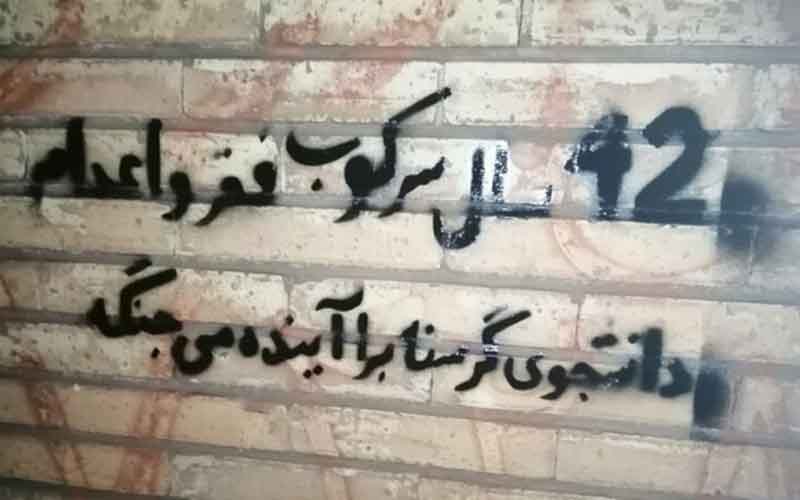
Students Protest Suppression and Poverty
Tehran province—college students in Tehran city protested 42 years of suppression, poverty, high-prices, and executions, by writing slogans on universities’ walls.
#IranProtests #Tehran—college students protested suppression and poverty, writing slogans, "42 years of suppression, poverty, and executions… Hungry students struggle for the future." pic.twitter.com/8fmS5Wskjf
— IranNewsUpdate (@IranNewsUpdate1) February 10, 2021
“42 years of suppression, poverty, and execution… Hungry students struggle for their future,” they wrote on the walls of the universities of Azad, Payam-e Nour, and Jame.
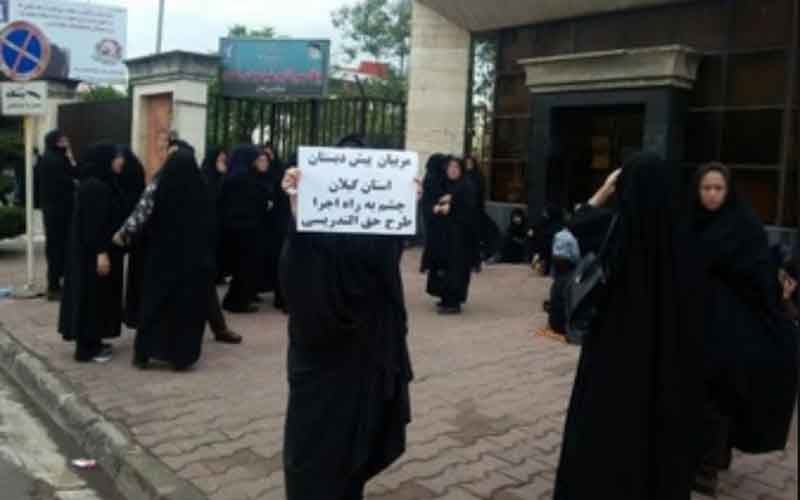
Rally of Preschool Educators
Gilan province—a group of female preschool educators held a rally in front of the Provincial Governorate in Rasht city, the province’s capital. They urged officials to follow up their demands about job conditions.
#IranProtests#Gilan—female preschool educators rallied in front of the Provincial Governorate, calling on officials to recruit them.
According to the Education Ministry, there are around 1,000 preschool educators in Gilan province alone. pic.twitter.com/ploSMGF65z— IranNewsUpdate (@IranNewsUpdate1) February 10, 2021
The protesters have been waiting to be recruited by the Education Ministry since 2013. They were supposed to be hired according to the Parliament’s (Majlis) sixth plan for development. According to the Education Ministry, there are more than 1,000 preschool educators with such conditions in Gilan province.
During recent months, preschool educators have time and again rallied in front of government organizations, calling on officials to recruit them. However, they have yet to gain their rights.
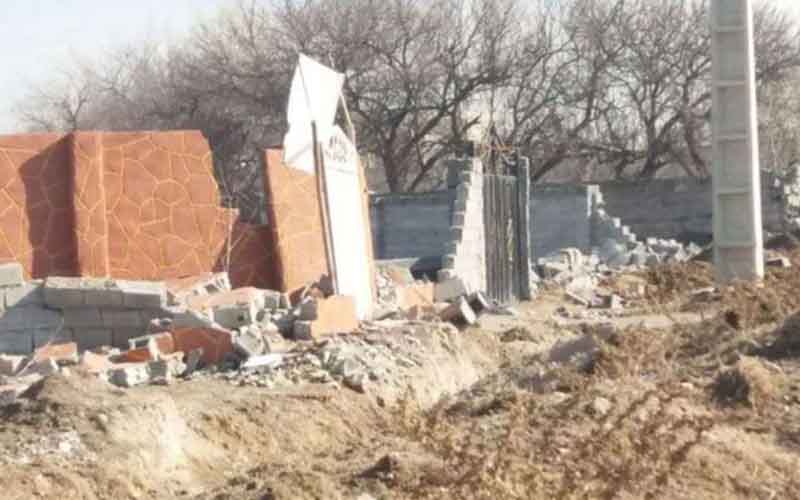
Rally of Basmanj’s Residents
Eastern Azarbaijan province—according to a prior call, residents of Basmanj district in the suburb of Tabriz city, the province’s capital, held a rally in front of the local Toll Office.
#IranProtests#EasternAzarbaijan—residents of Basmanj district in the suburb of Tabriz, the province's capital, rallied in front of the local Toll Office, protesting officials for destroying their houses under baseless excuses. pic.twitter.com/doVi001yUR
— IranNewsUpdate (@IranNewsUpdate1) February 10, 2021
They protested officials for destroying their houses under baseless pretenses. According to state-run media, these houses belong to employees and retirees who had taken refuge in a quiet area.
Nonetheless, officials have destroyed them, claiming these houses have been built on productive farms. This is while the government is the foremost responsible for drought and other dilemmas for farmers in different regions.
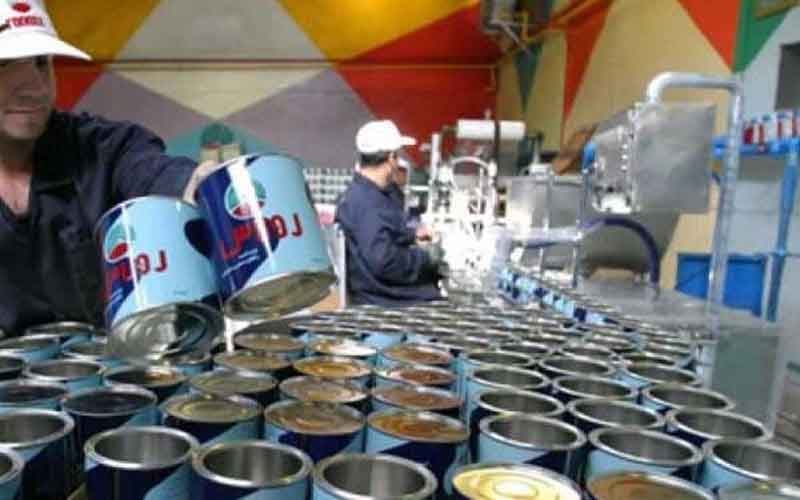
Protest of Pars Pamchal Workers
Tehran province—workers of Pars Pamchal paint factory stopped working and protested the managing board’s indifference about their dilemmas. Previously, during their February 2 rally, workers had urged officials to meet their demands. However, neither officials nor the managing board did anything for workers.
“Our continuous reference to government institutions have remained fruitless. In August 2020, we received our latest salaries. Since then, we have not received our salaries for five months and insurance rights for eight months,” said a worker.
#IranProtests#Tehran—workers of Pars Pamchal paint factory protested employers and officials' failure to pay their salaries since August 2020.
"We have yet to receive our salaries despite ongoing protests and references to government institutions," workers said. pic.twitter.com/PvKhgVb8o8— IranNewsUpdate (@IranNewsUpdate1) February 10, 2021
“Employers claim that given the financial problems; the factory cannot pay workers’ wage. They also say that parts of the factory have been taken as pawns by a government institution, and it has refused to return them. Moreover, the factory owes money to several other government institutions,” the worker added.
Workers say that the factory’s debts belong to previous years, and they are suffering from its consequences. There are around 110 workers at this facility who have yet to gain their minimum wages and insurance rights since August 2020.
They blame officials for their indifference despite workers’ ongoing protests and references. “We have been given enormous promises so far. However, on the cusp of Nowruz (the Persian New Year), we can no longer bear poverty, which has imposed irreparable disadvantages on our living conditions and our families,” workers said.
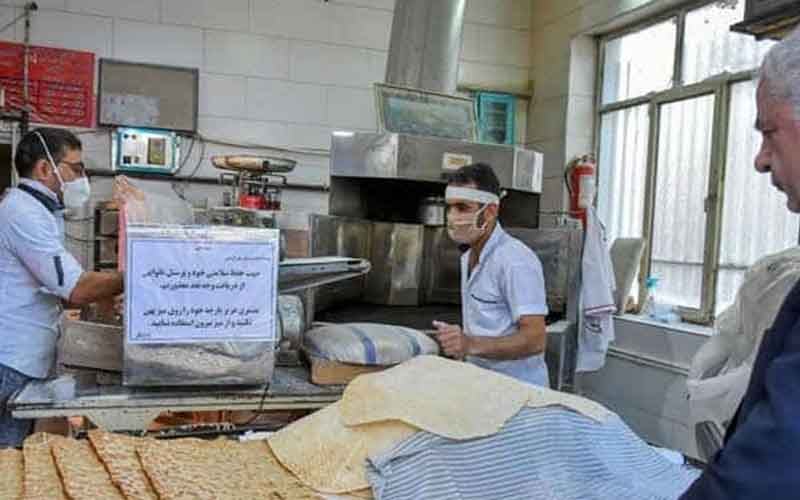
Protest of Bakery Workers
Razavi Khorasan province—bakers protested officials about their low salaries. In response, officials reasoned that according to the law, the increase in bakery workers’ salaries depends on the increase in the bread price.
“It is meaningless to say that the increase in bakers’ salaries depends on the increase in bread prices. In the case of raising the bread price, bakery workers will face disadvantages too,” a baker said.
#IranProtests#RazaviKhorasan—bakery workers protested officials for failing to raise their salaries and their unstable wages.
"In #Iran, one construction worker receives $6 for eight hours while a bakery worker has no fixed wage," said a worker. pic.twitter.com/3oWD5Por9n— IranNewsUpdate (@IranNewsUpdate1) February 10, 2021
“Under any circumstance, one construction worker receives 1.5 million rials [$6] for eight hours of work. However, a baker has no fixed wage, and their wage depends on the amount of sold bread despite their skills and professions,” said Gholamreza Damroudi, chair of Sabzevar city’s Bakers Association, in an interview with ILNA news agency on February 9.
“A baker receives only 760,000 rials [$3.04] if he sells 2,000 loaves of bread,” Damroudi said, adding, “In 2019, I could purchase one 50-kilogram rice bag with my one-day wage. Currently, I must work four days to purchase one 50-kilogram rice bag.”
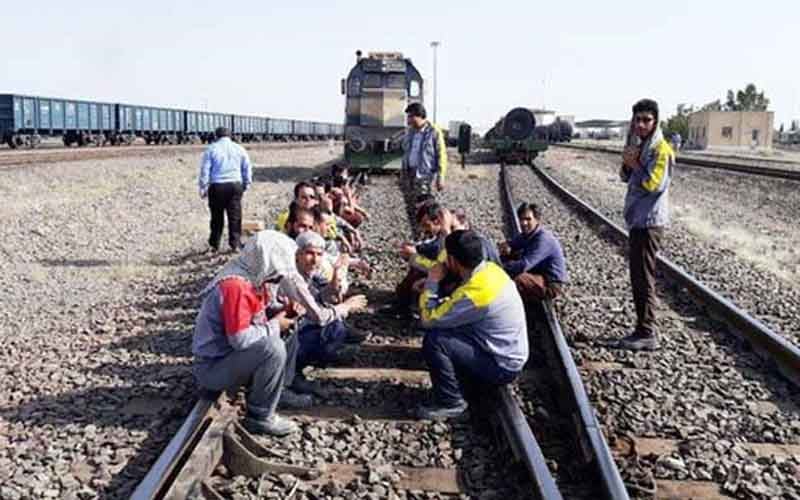
Railroad Workers’ Protest
Workers of the maintenance unit affiliated with the Azarbaijan Railroad held a protest over discrimination by their managers. “Discrimination, difference and injustice over salaries, privileges, pensions, and job security is seen between workers who are employed in the maintenance sector with the Azarbaijan Railroad’s other workers, including transferring, pulling, technical, and other sectors,” said the workers.
They demanded officials, particularly the General Railroad Office, implement the plan for balancing salaries. The Railroad CEO Saeed Rasouli had ordered his deputy in human resources affairs to settle workers’ arrears and overdue salaries in May 2019. However, this order just remained on paper, according to the workers.
Notably, in Lorestan province, railroad workers staged a gathering for two consecutive days, protesting officials’ decision to allocate the railroad company to the private sector.
#IranProtests
Preserving Workers of the Azarbijan Railroad Company protested officials for failing to implement the plan for balancing salaries. They expressed their anger at flagrant discrimination between workers. pic.twitter.com/7blxoPkxqL— IranNewsUpdate (@IranNewsUpdate1) February 10, 2021
In recent years, the government has offset parts of its debts by allocating public factories and facilities to the private sector accounts of government-linked and influential officials and their relatives. Under the banner of the private sector, new managers easily deny paying workers’ inherent rights and deprive workers of a $140 minimum wage passed by the Majlis, which itself is one-third of the poverty line in Iran.
Iranians Continue Protests; at Least Four Rallies and Strikes on February 8





